Don’t believe the status. By copying and pasting a short post in legalese about your privacy settings on Facebook, you will not, in fact, make the photos and videos you’ve posted more private.
These statuses may have been popping up on your Newsfeed, but they’re really just part of an elaborate hoax that has plagued the social-network site for years.
One contains what seems like complicated and official legal language stating that the privacy and confidentiality of the account will be protected from that moment onwards, CBS reports.
As of September 29, 2015 at 10:50 p.m. Eastern standard time, I do not give Facebook or any entities associated with Facebook permission to use my pictures, information, or posts, both past and future. By this statement, I give notice to Facebook it is strictly forbidden to disclose, copy, distribute, or take any other action against me based on this profile and/or its contents. The content of this profile is private and confidential information. The violation of privacy can be punished by law (UCC 1-308- 1 1 308-103 and the Rome Statute). NOTE: Facebook is now a public entity. All members must post a note like this. If you prefer, you can copy and paste this version. If you do not publish a statement at least once it will be tactically allowing the use of your photos, as well as the information contained in the profile status updates.
Another of the posts says that, if users pay a monthly subscription fee, they will ensure that their videos and photos remain private, according to CBS. By pasting the text into their status, the hoax claims that users will waive the fee.
Now it’s official! It has been published in the media. Facebook has just released the entry price: £5.99 ($9.10) to keep the subscription of your status to be set to “private.” If you paste this message on your page, it will be offered free (I said paste not share) if not tomorrow, all your posts can become public. Even the messages that have been deleted or the photos not allowed. After all, it does not cost anything for a simple copy and paste.
Don’t believe a word of it. Facebook has made a point of addressing these hoaxes in the past.
For genuine information on permissions and privacy on Facebook, read its statement of Rights and Responsibilities and Facebook’s Data Policy.
[CBS]
This Is What Your Facebook Profile Looked Like Over the Last 11 Years
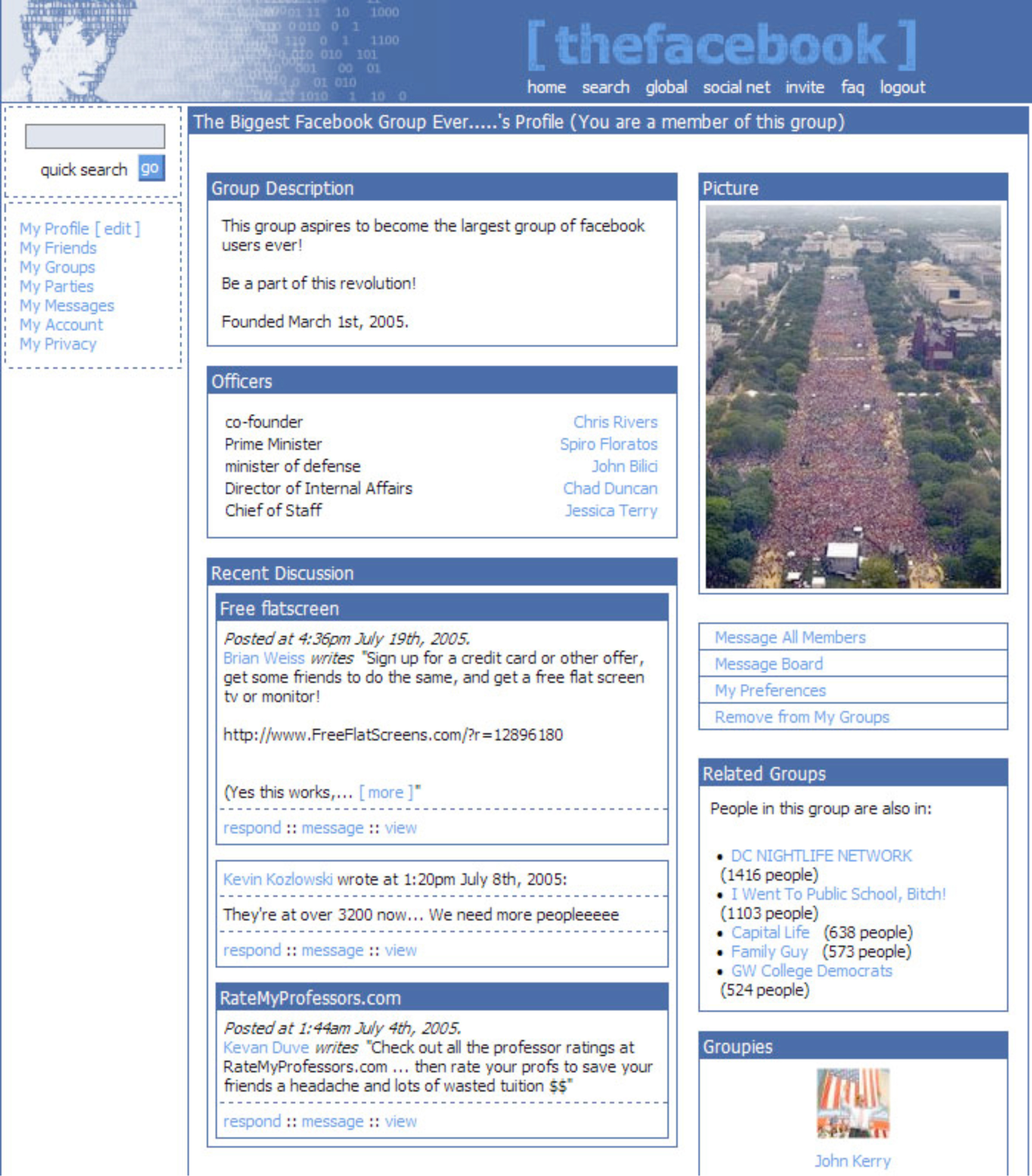
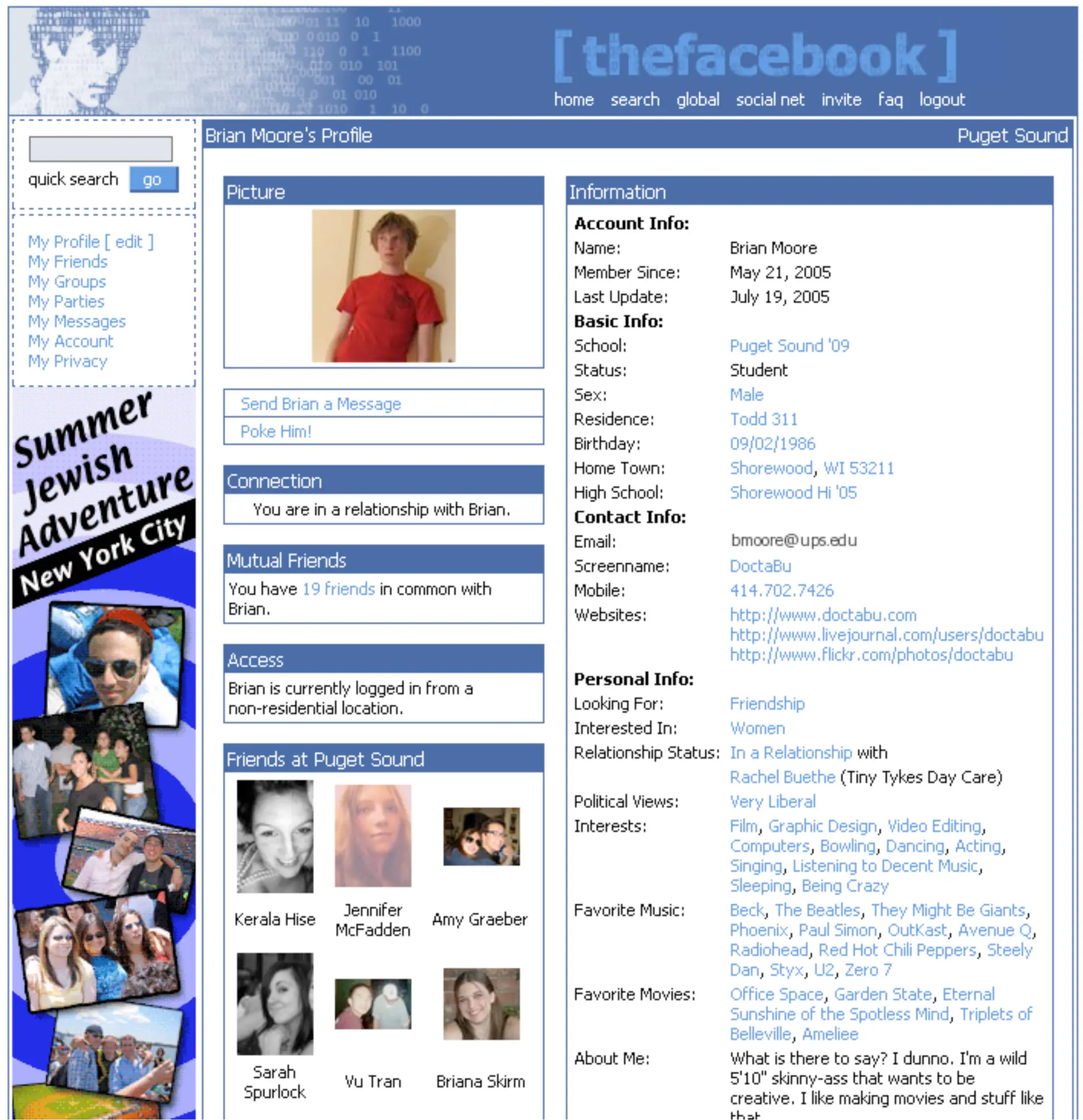
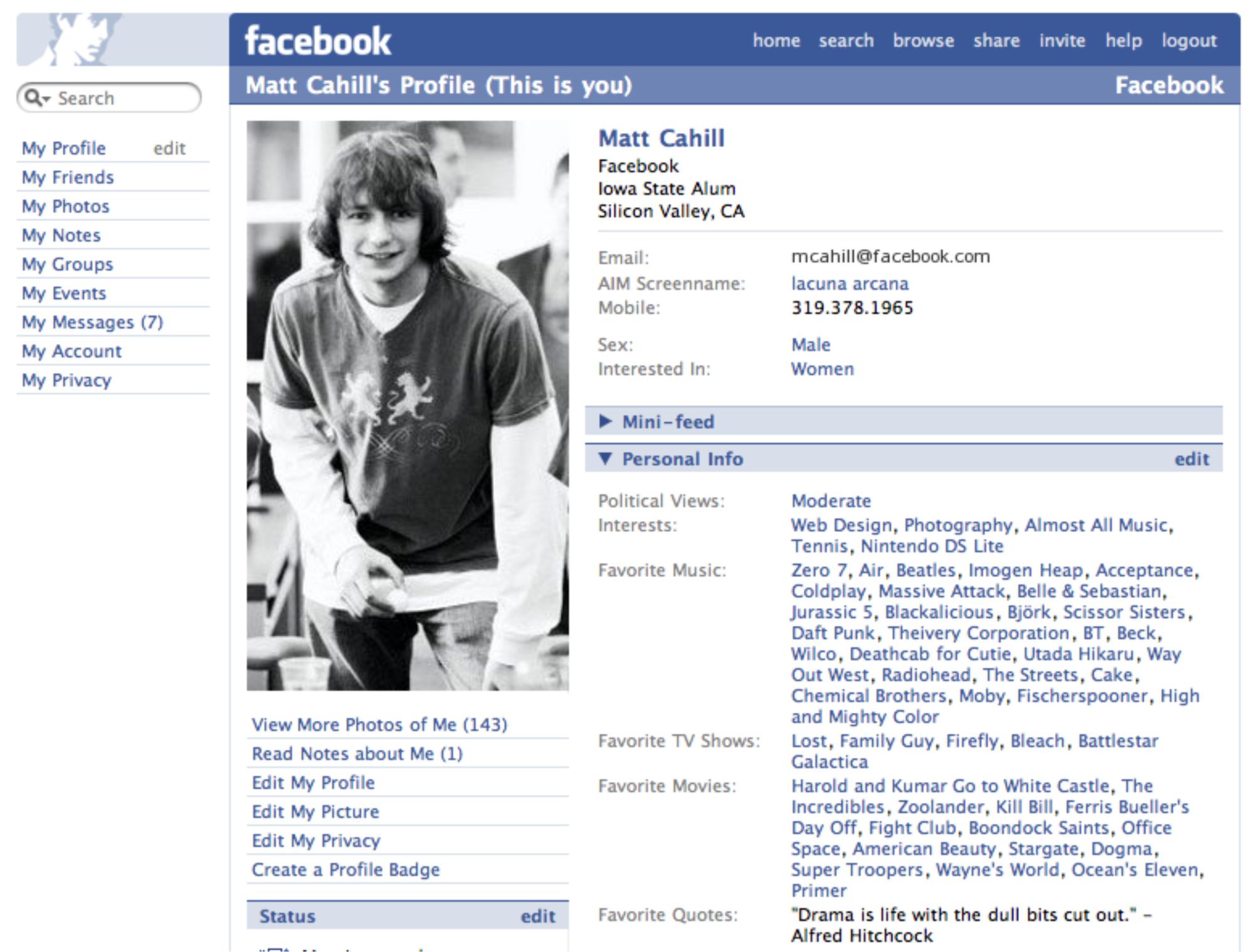
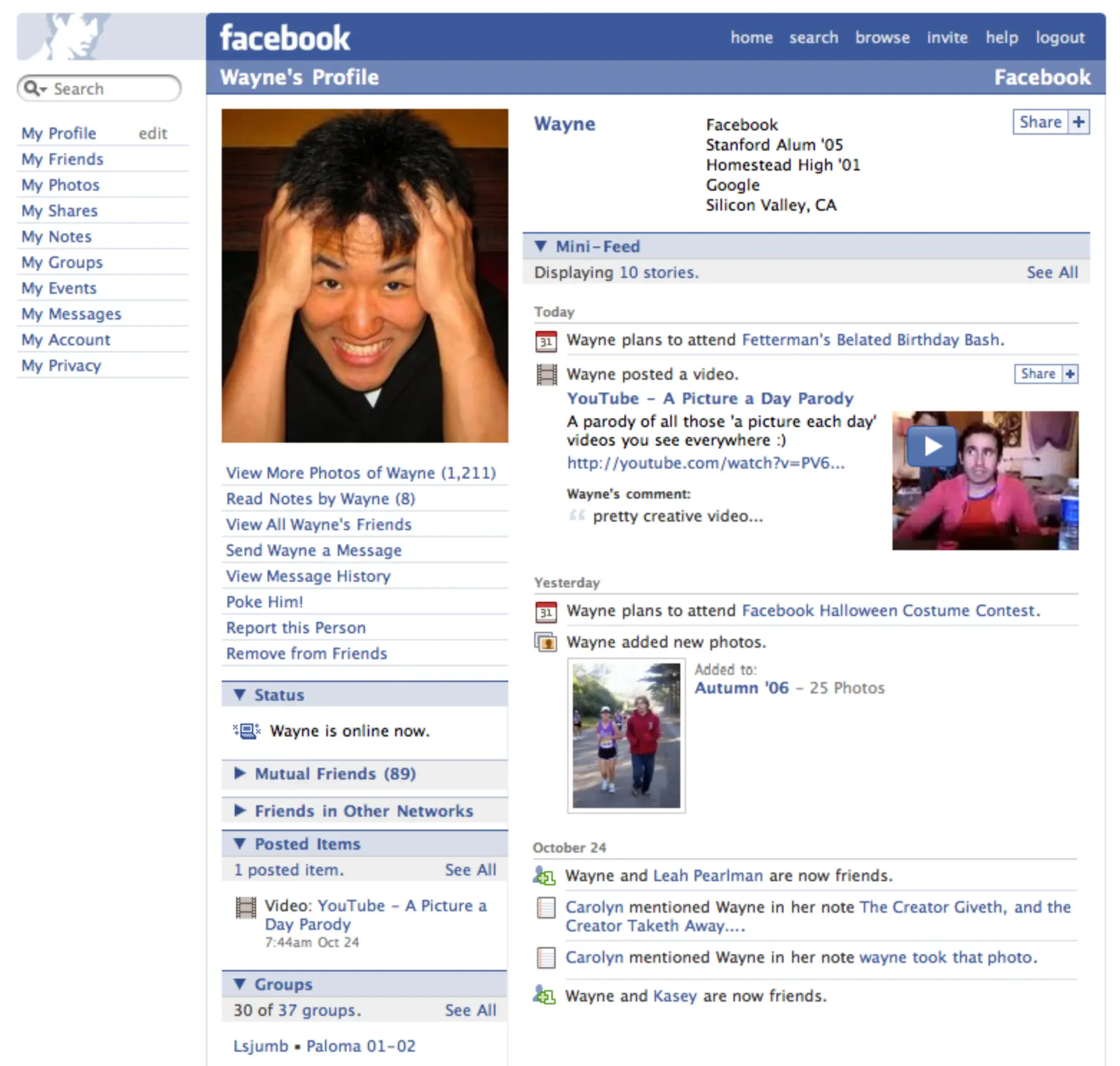
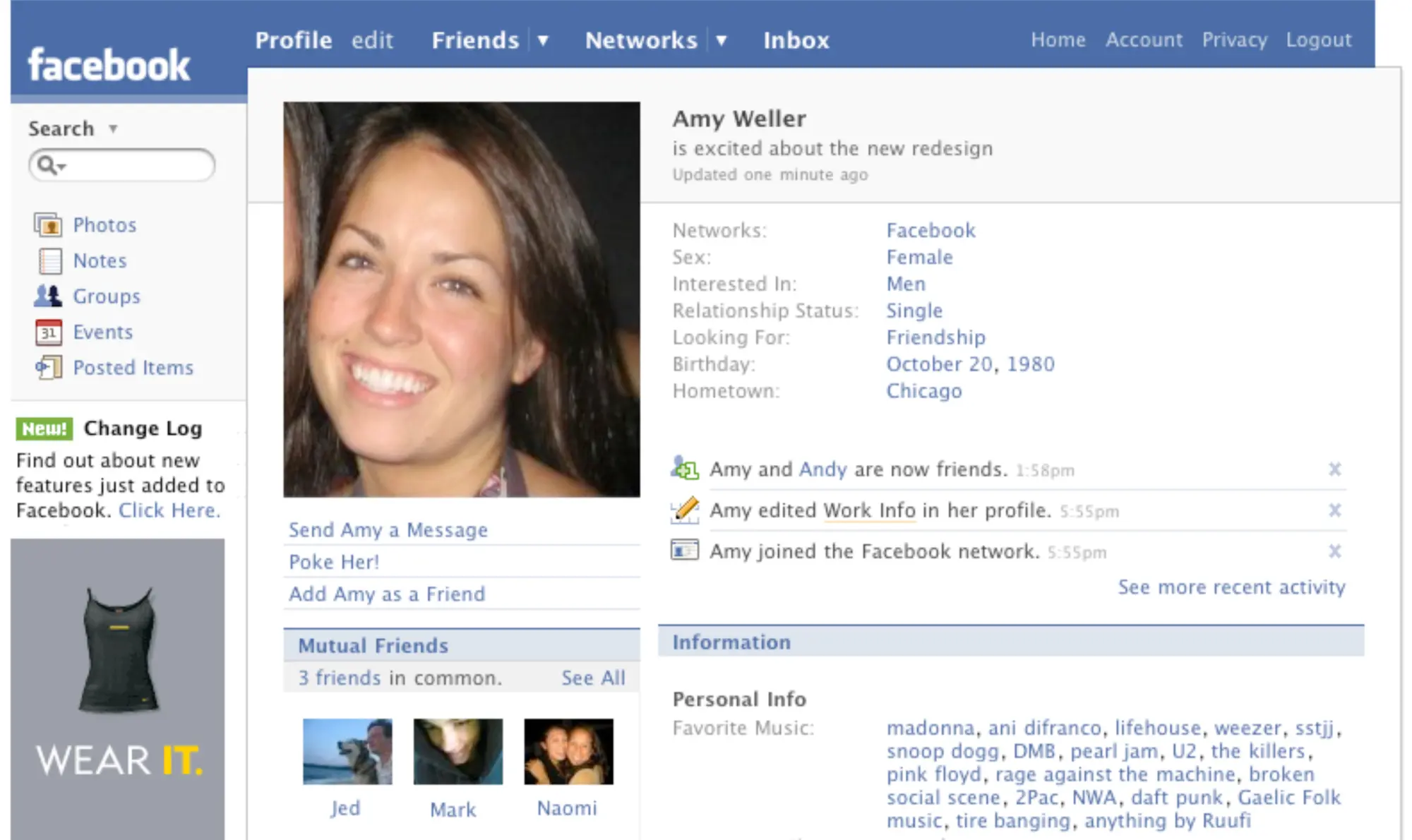
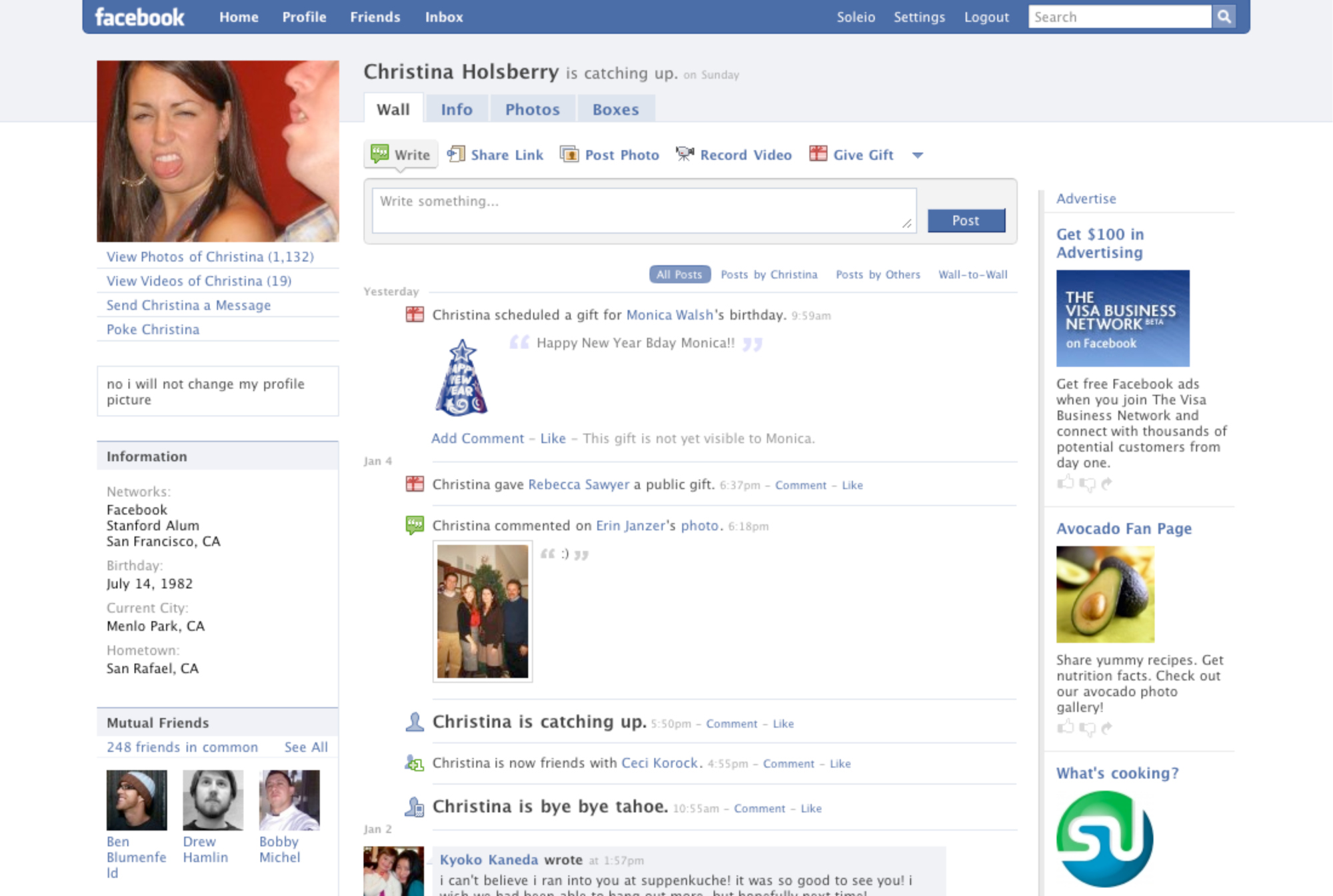
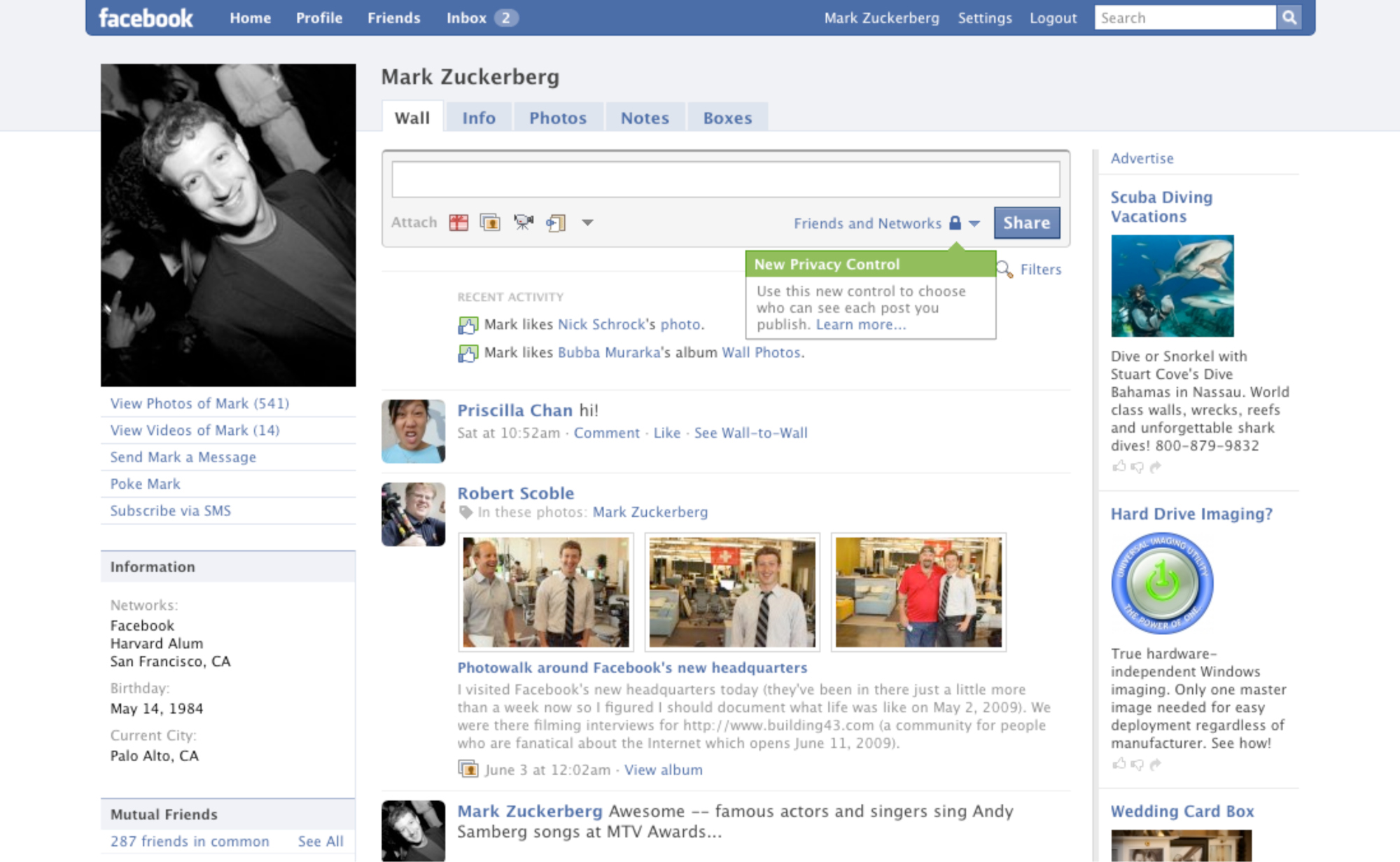
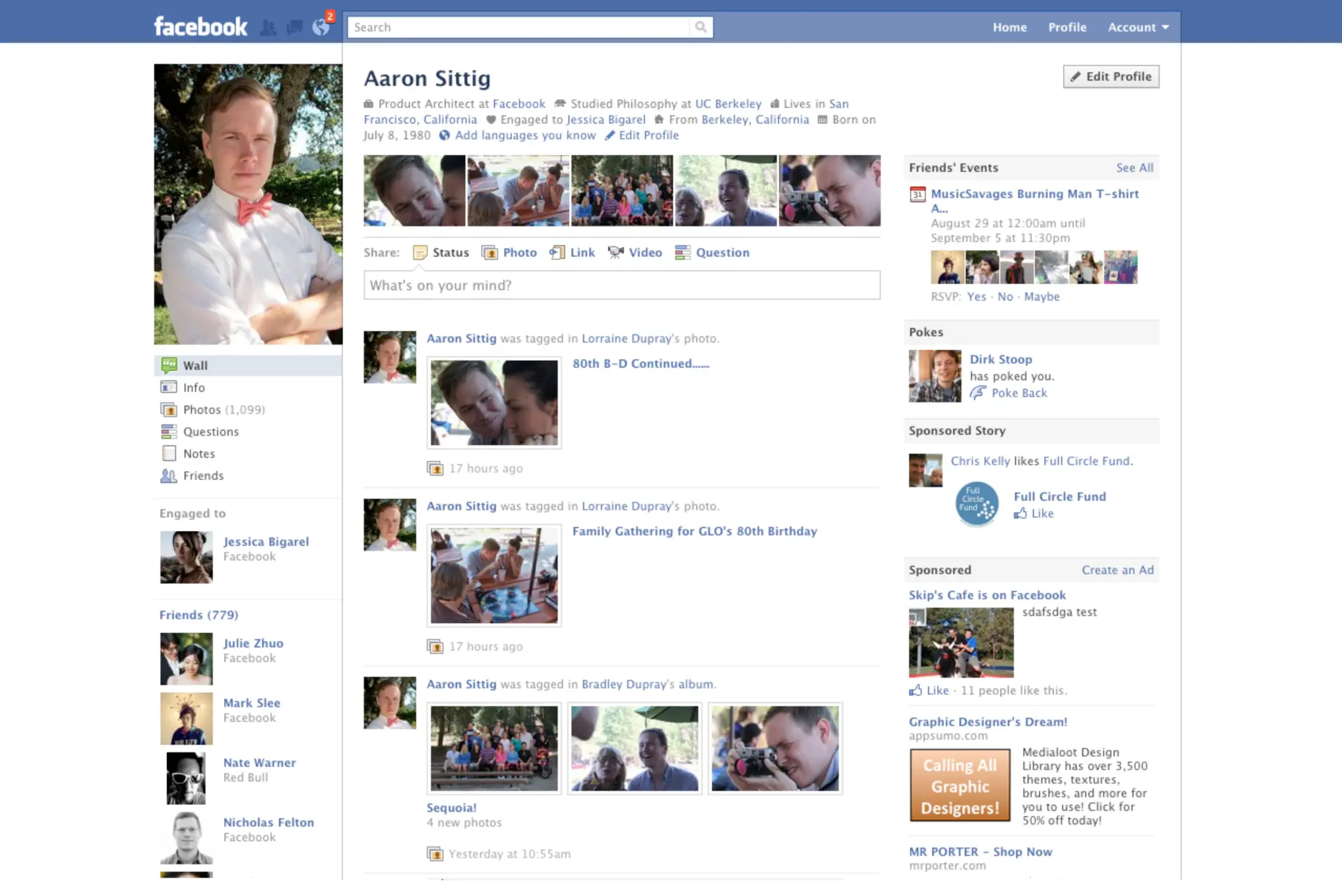
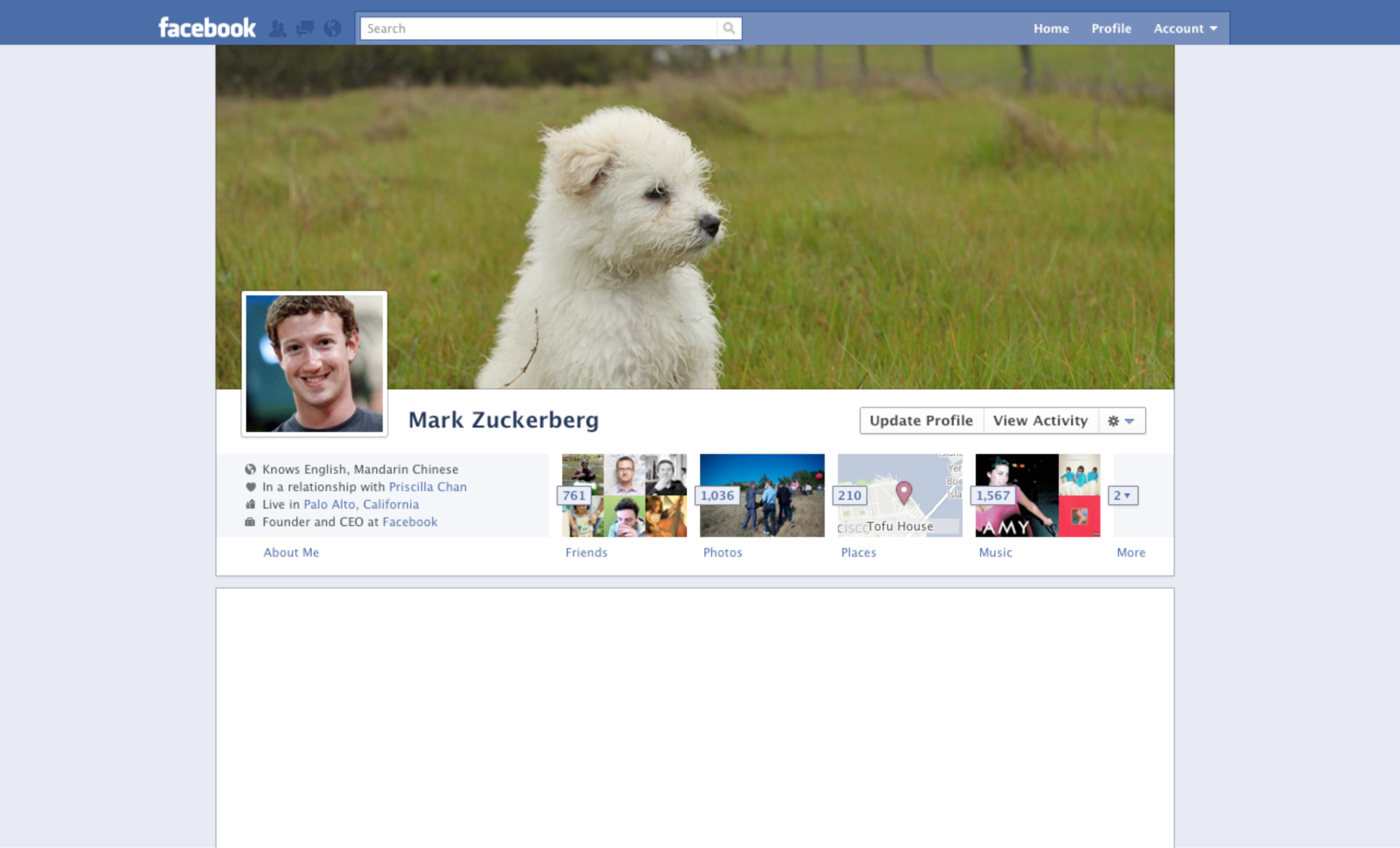
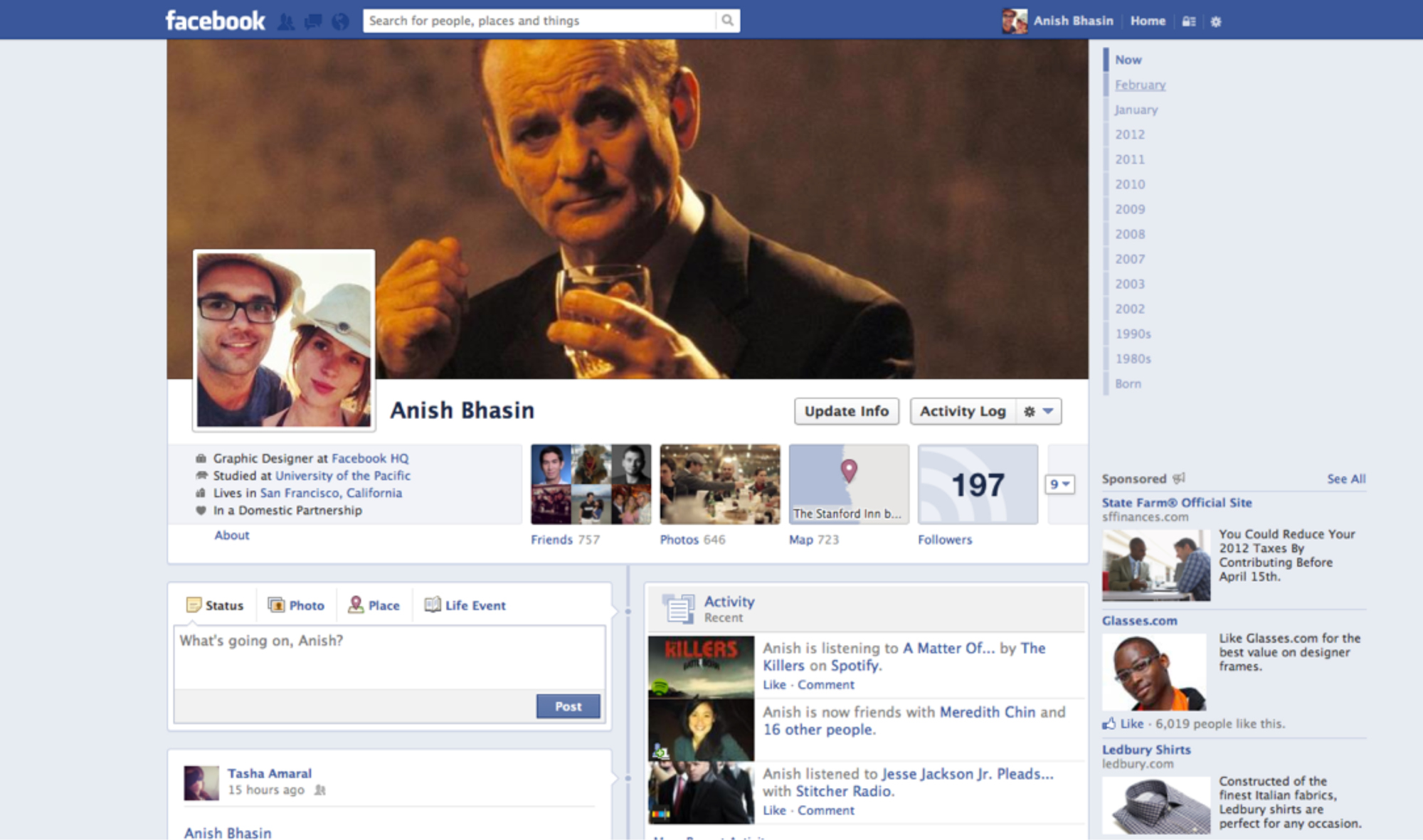
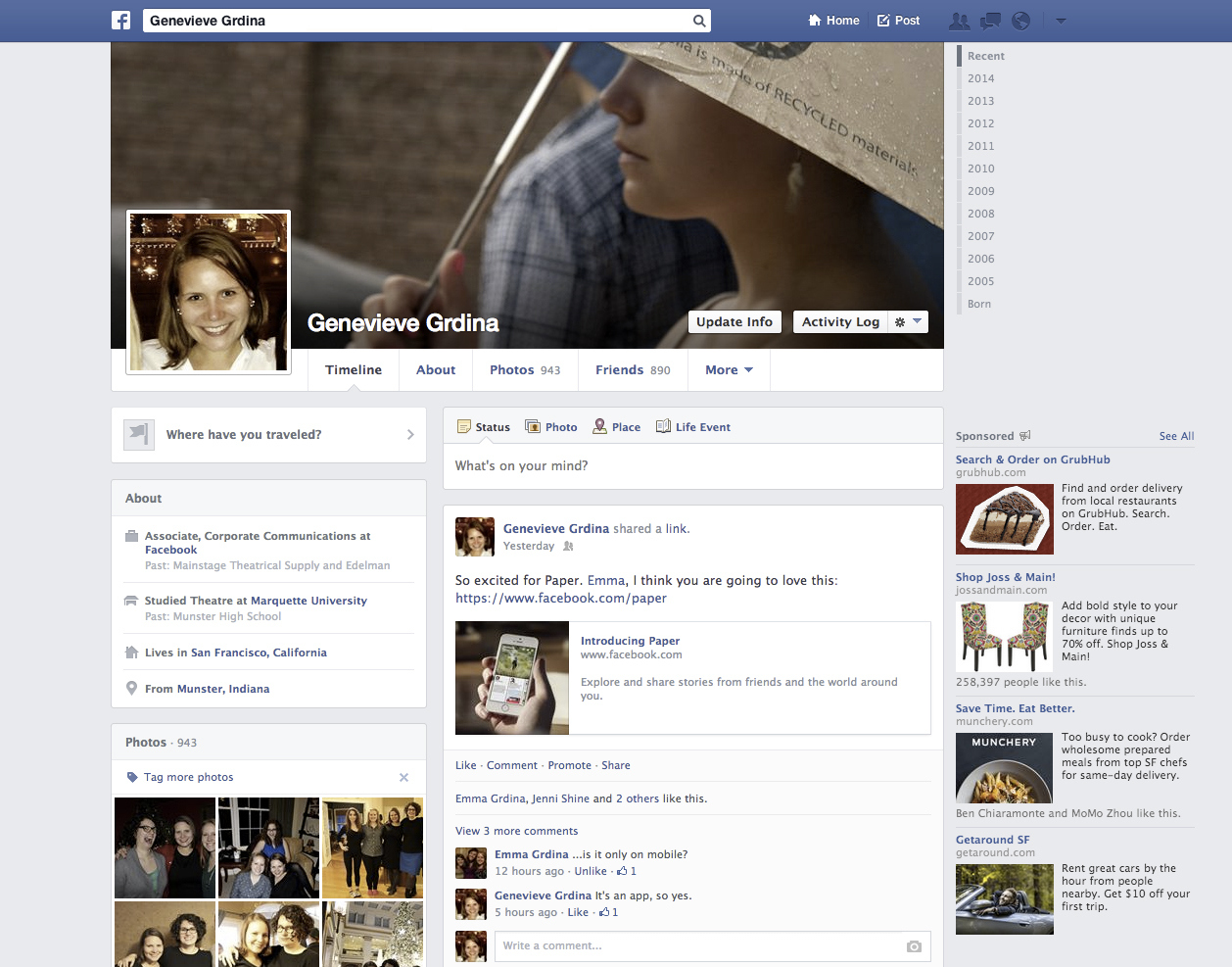
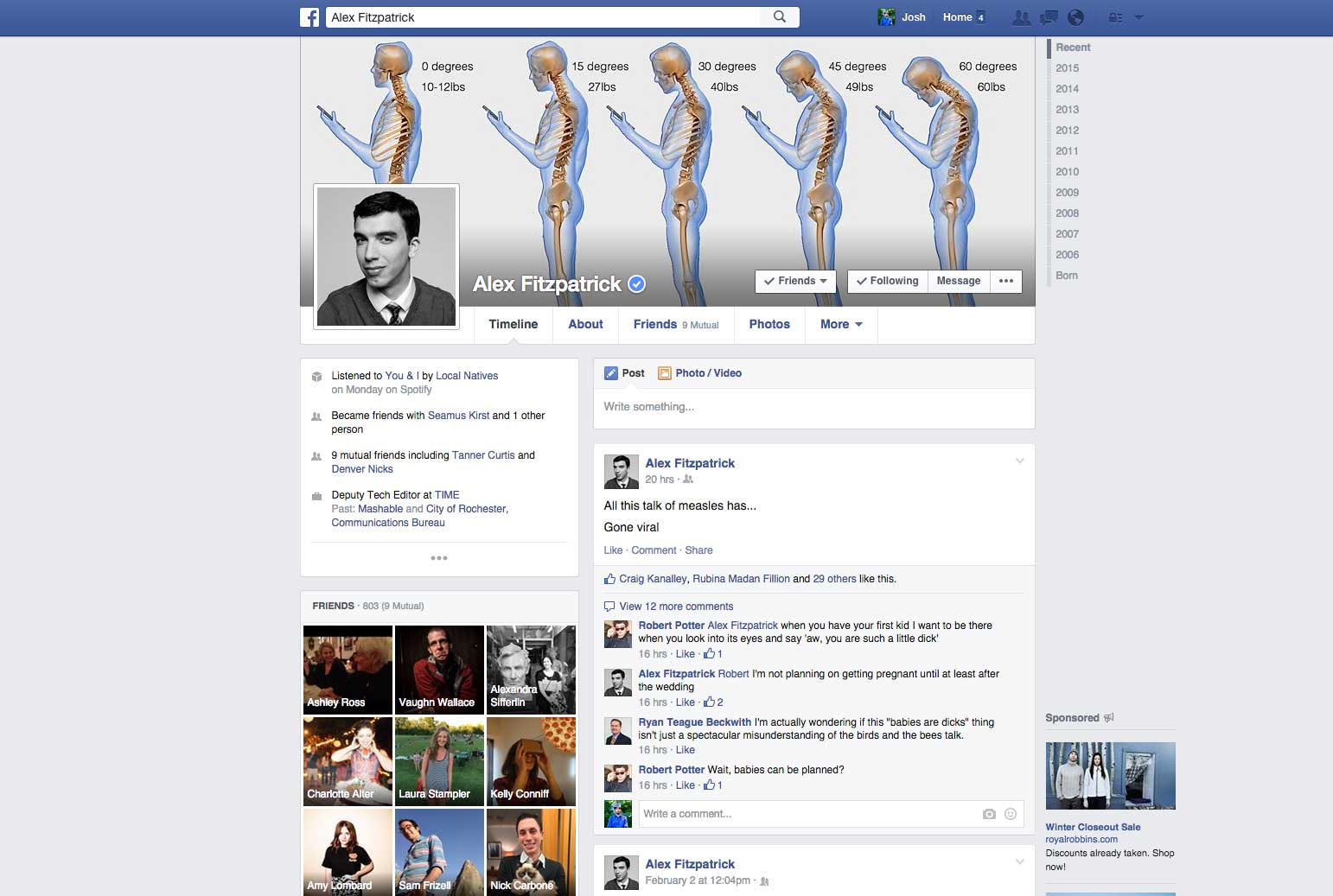
More Must-Reads from TIME
- Donald Trump Is TIME's 2024 Person of the Year
- Why We Chose Trump as Person of the Year
- Is Intermittent Fasting Good or Bad for You?
- The 100 Must-Read Books of 2024
- The 20 Best Christmas TV Episodes
- Column: If Optimism Feels Ridiculous Now, Try Hope
- The Future of Climate Action Is Trade Policy
- Merle Bombardieri Is Helping People Make the Baby Decision
Contact us at letters@time.com